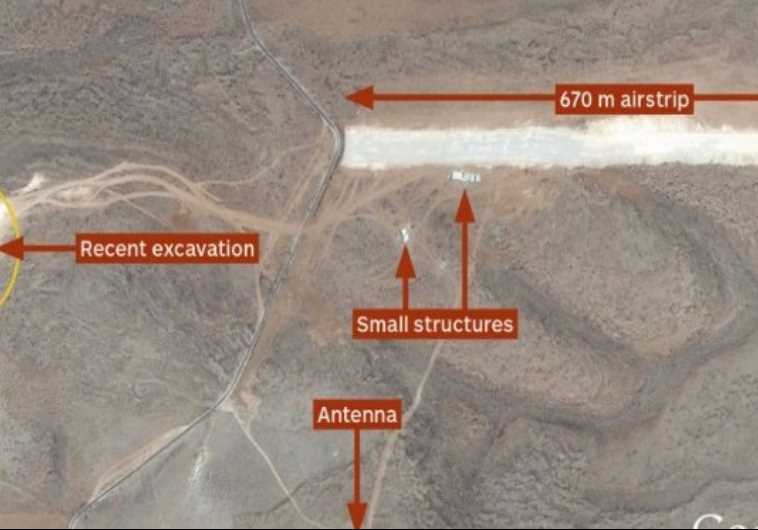'Hezbollah built airstrip for Iranian-made drones in Lebanon'
According to Jane’s Defence Weekly, the runway was built in the northern Bekaa Valley, just 10 kilometers south of the Lebanese village of Hermel.
 Google Earth image of runway built by Hezbollah in Lebanon
Google Earth image of runway built by Hezbollah in Lebanon